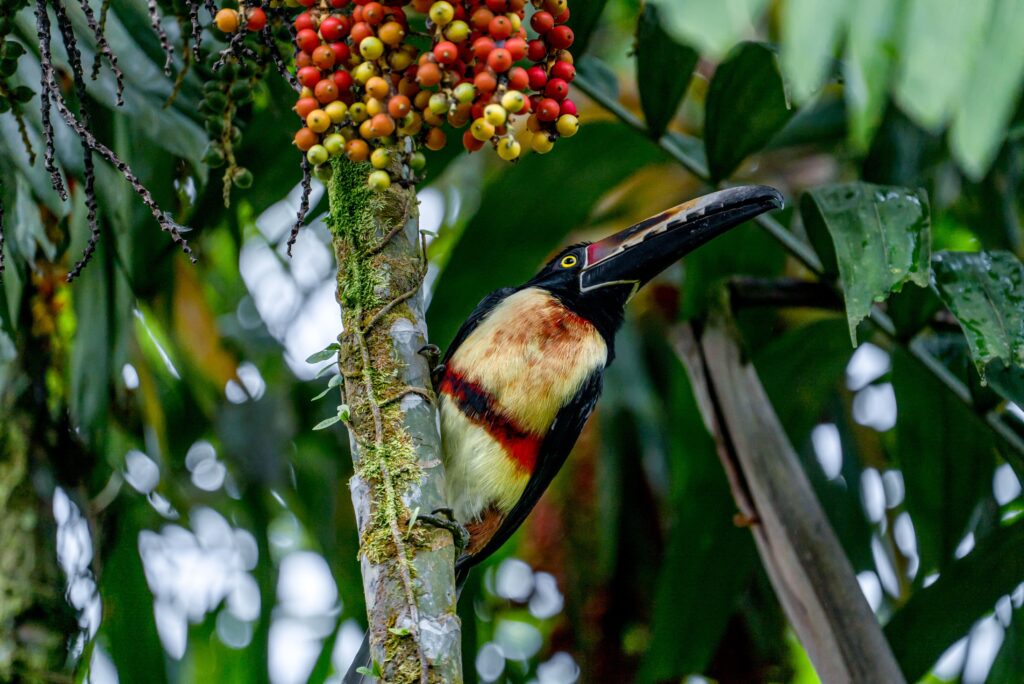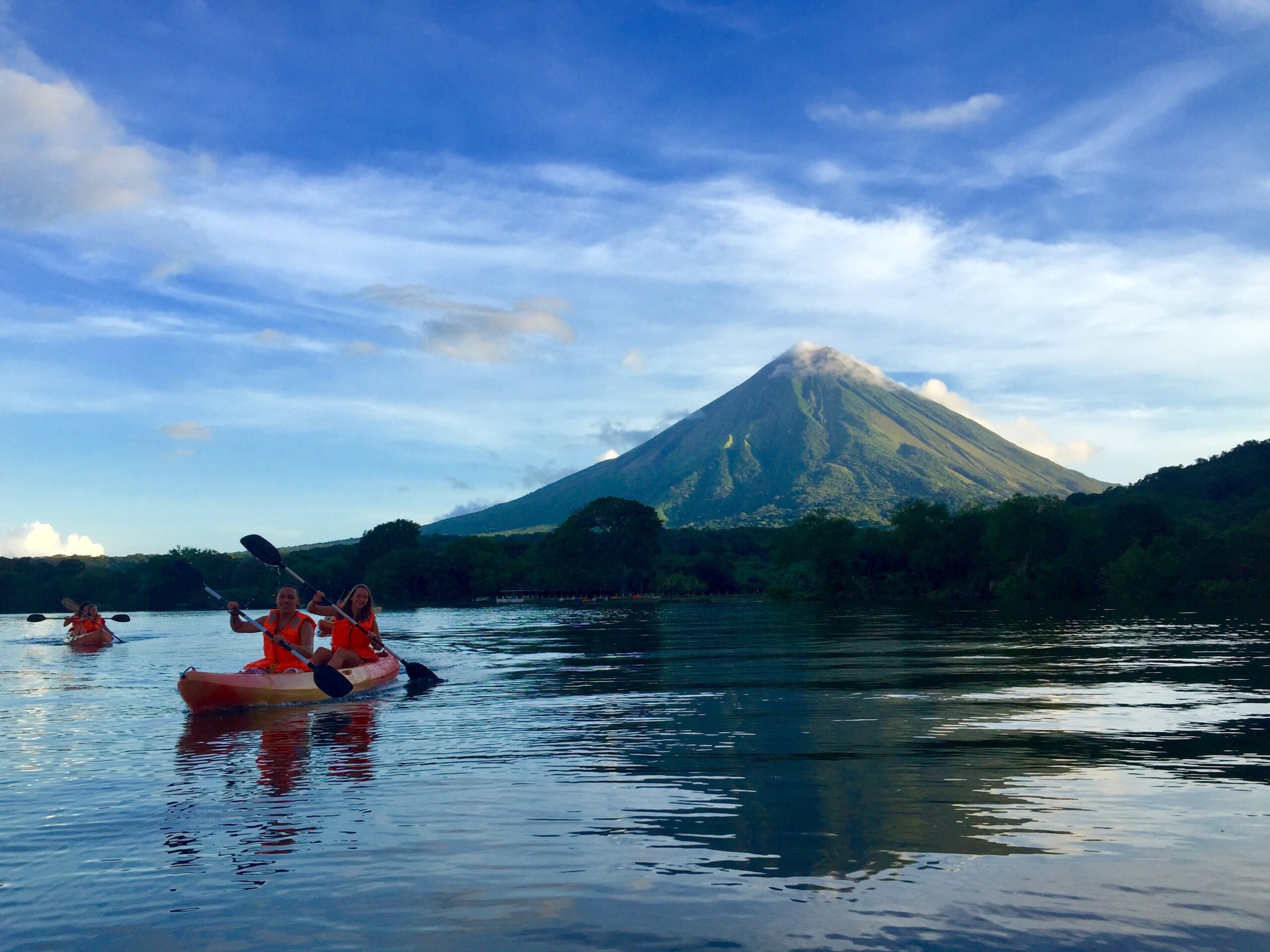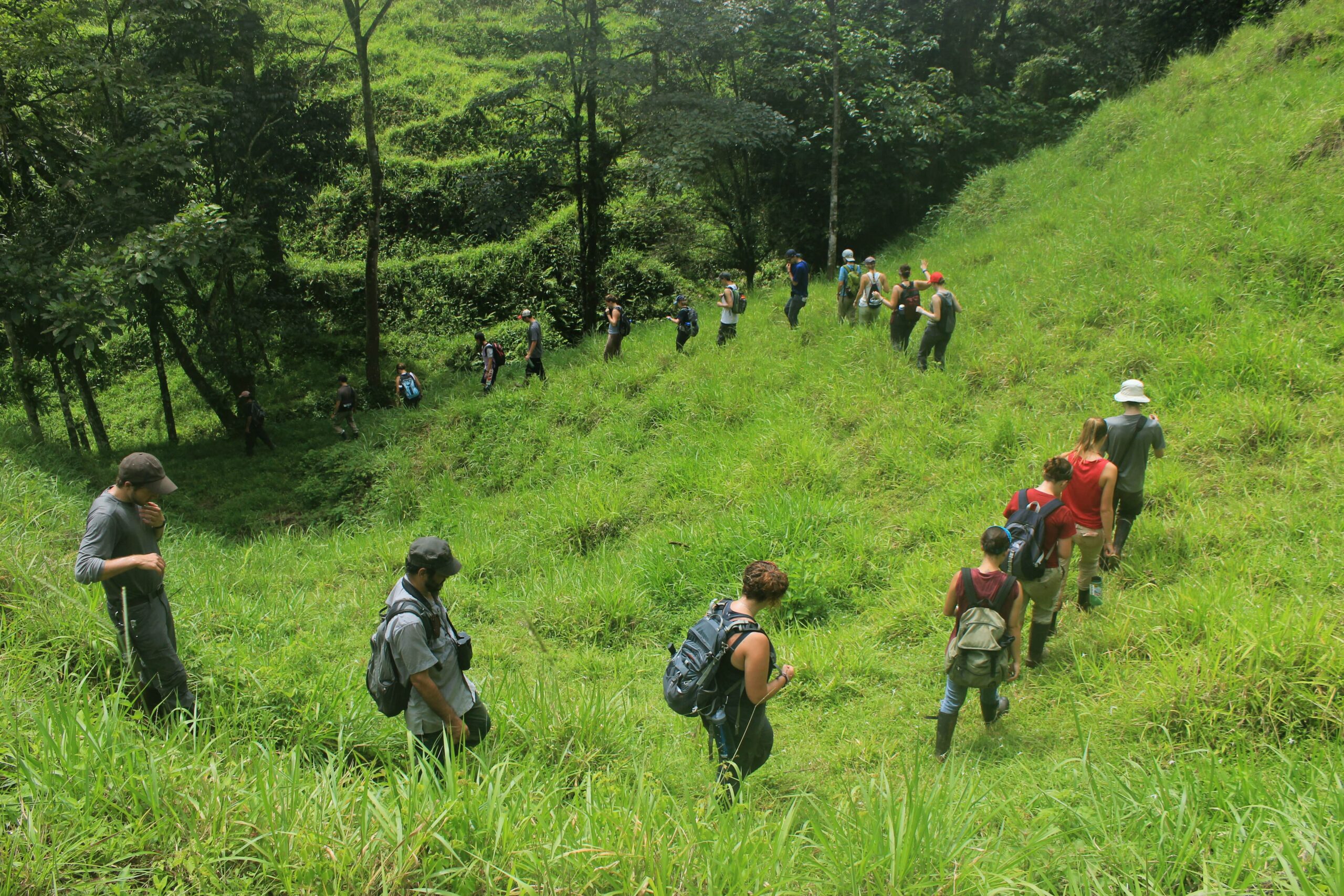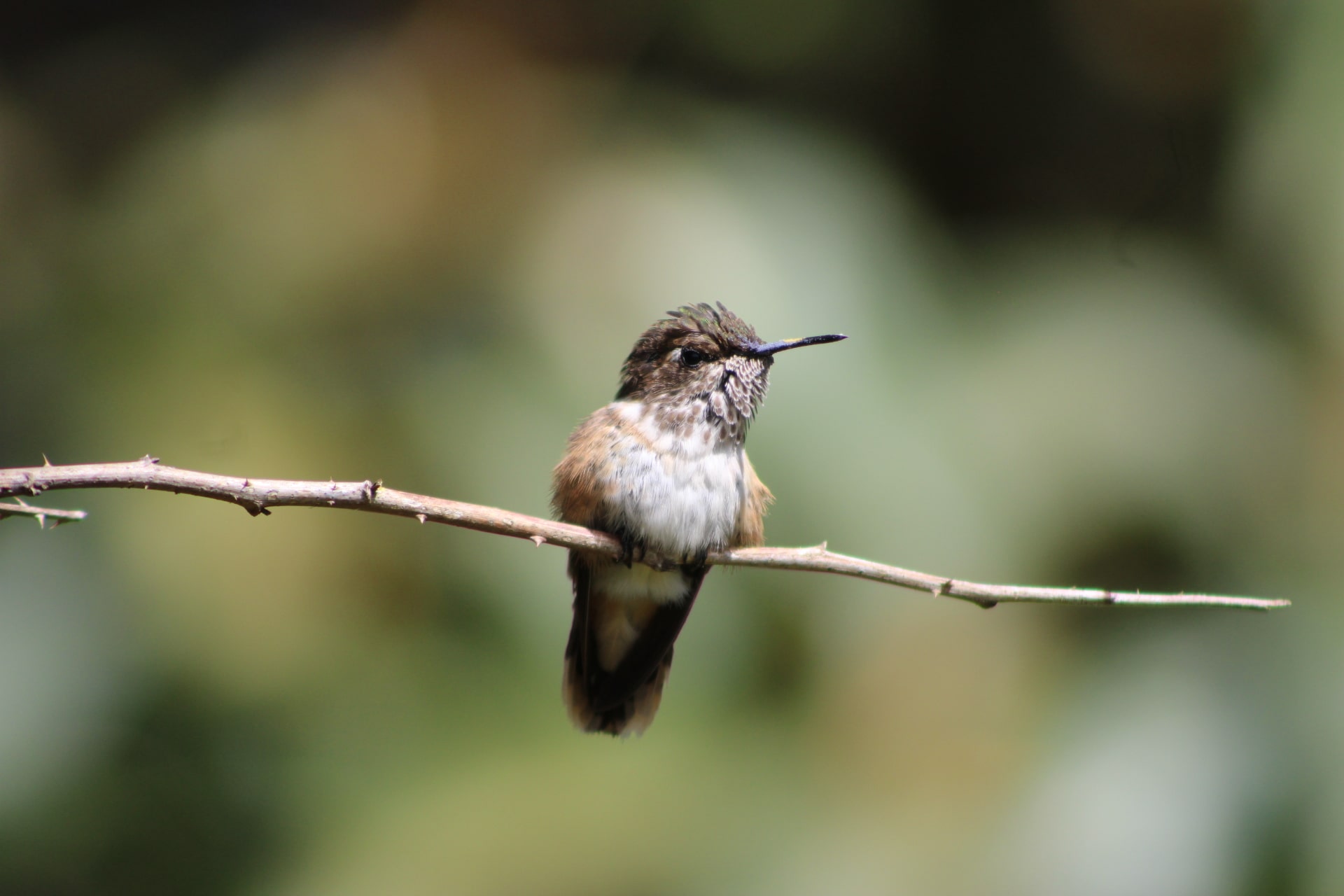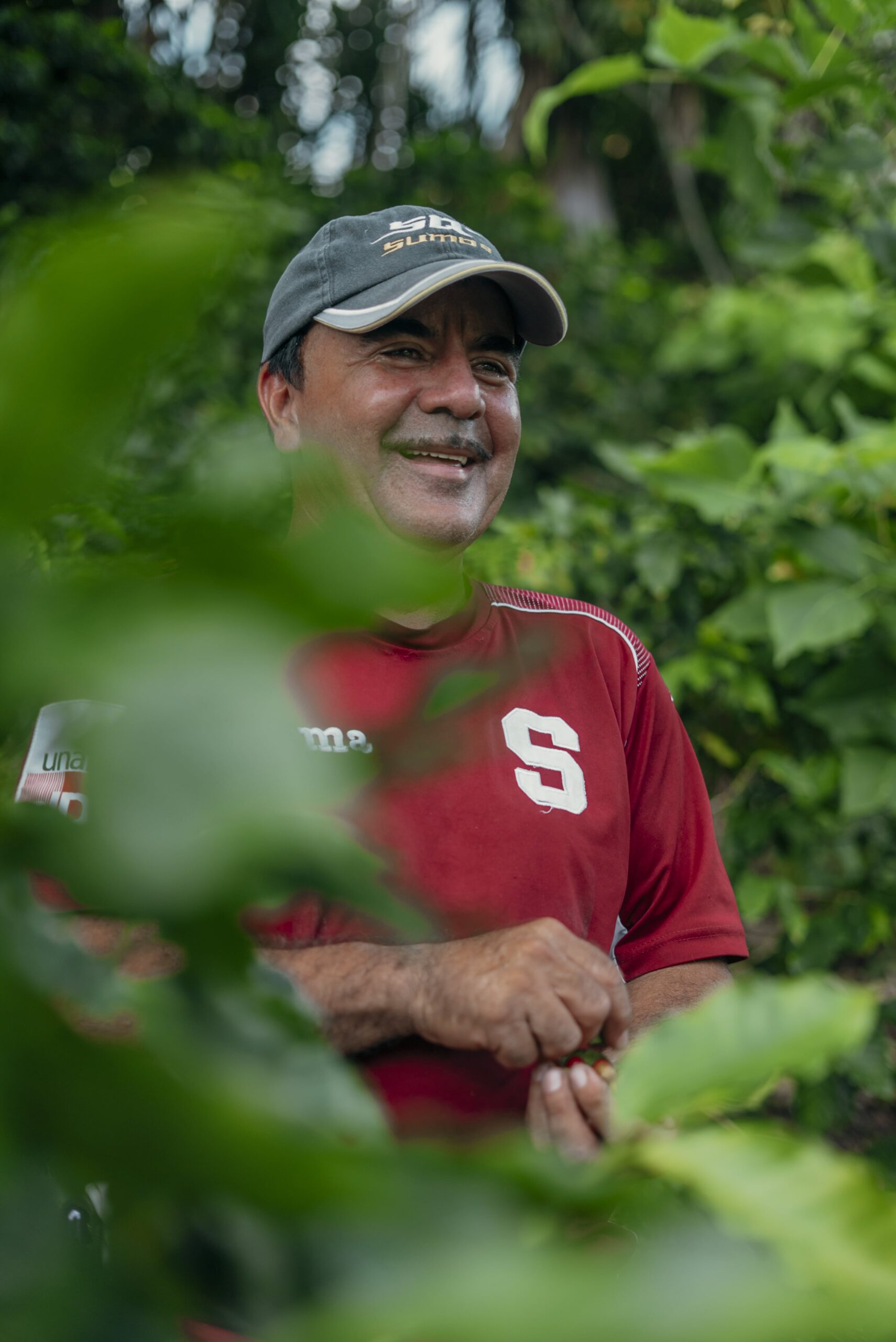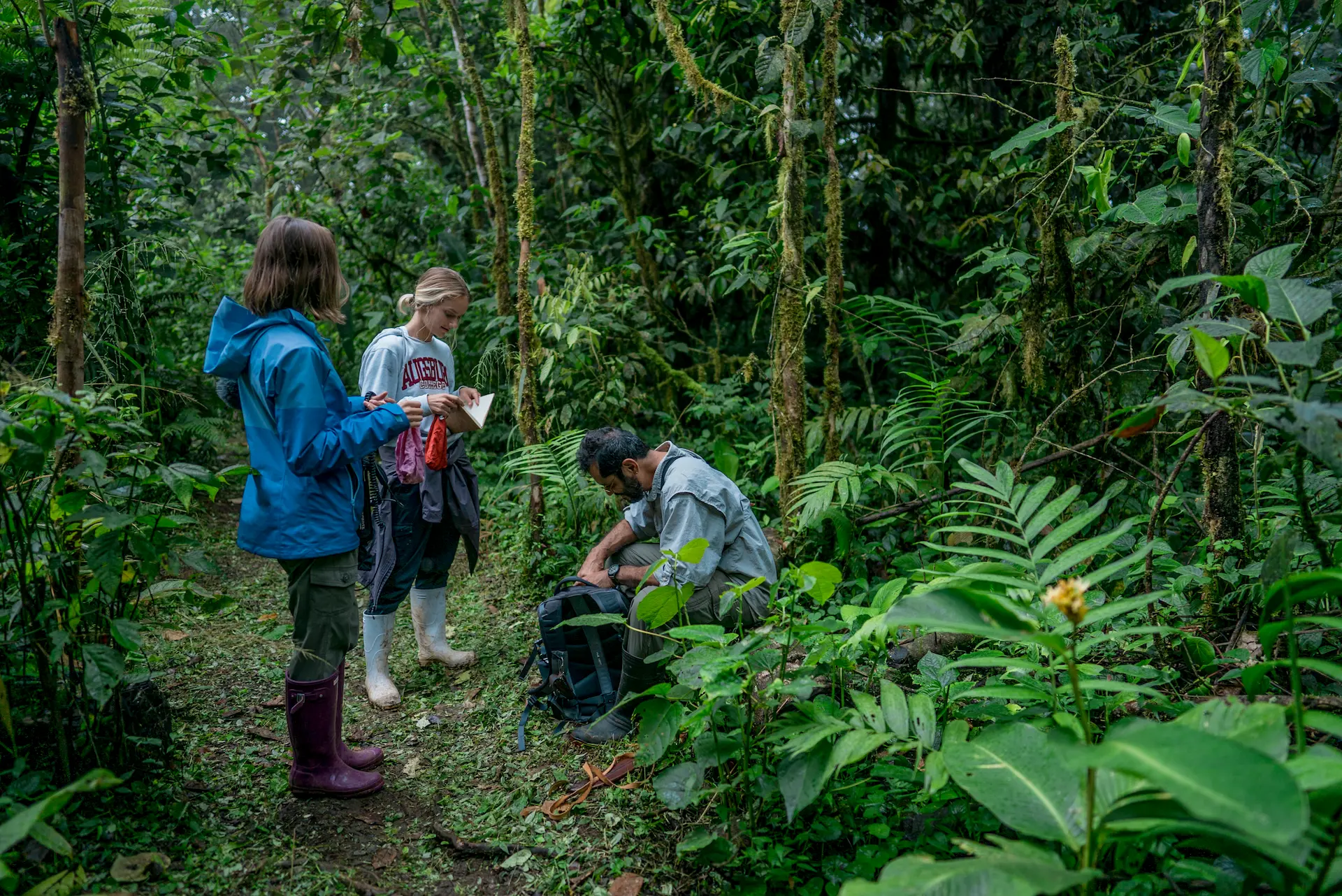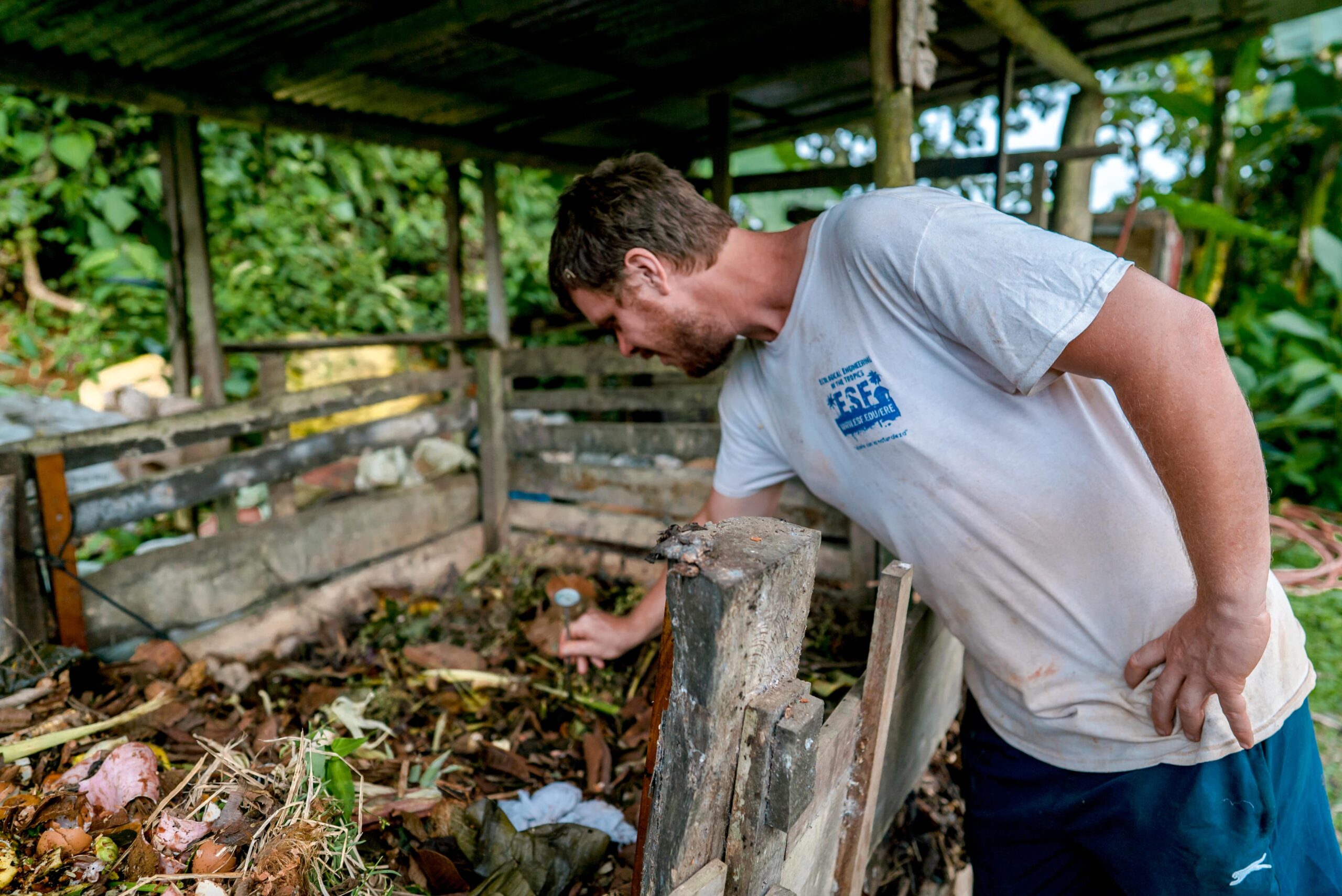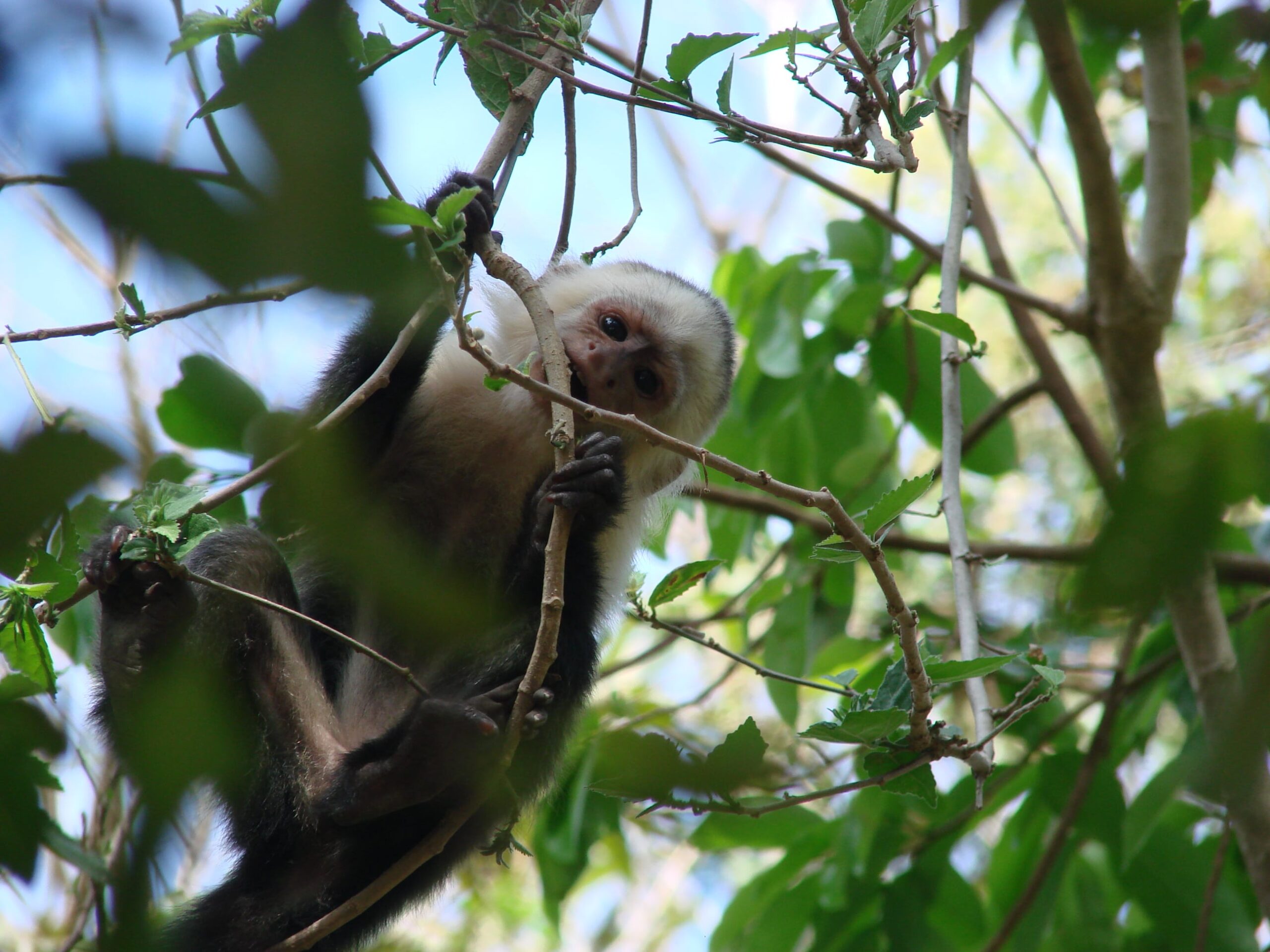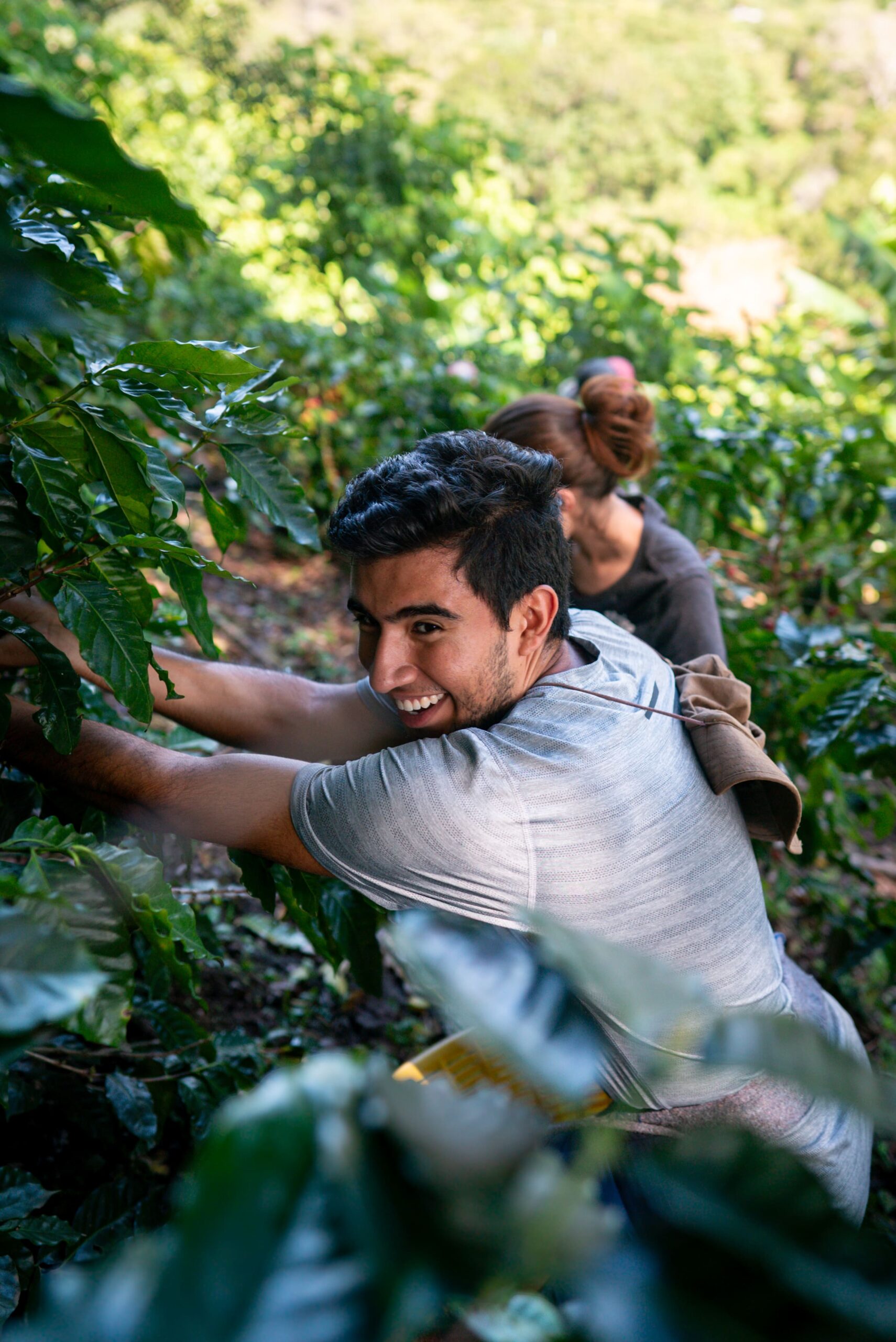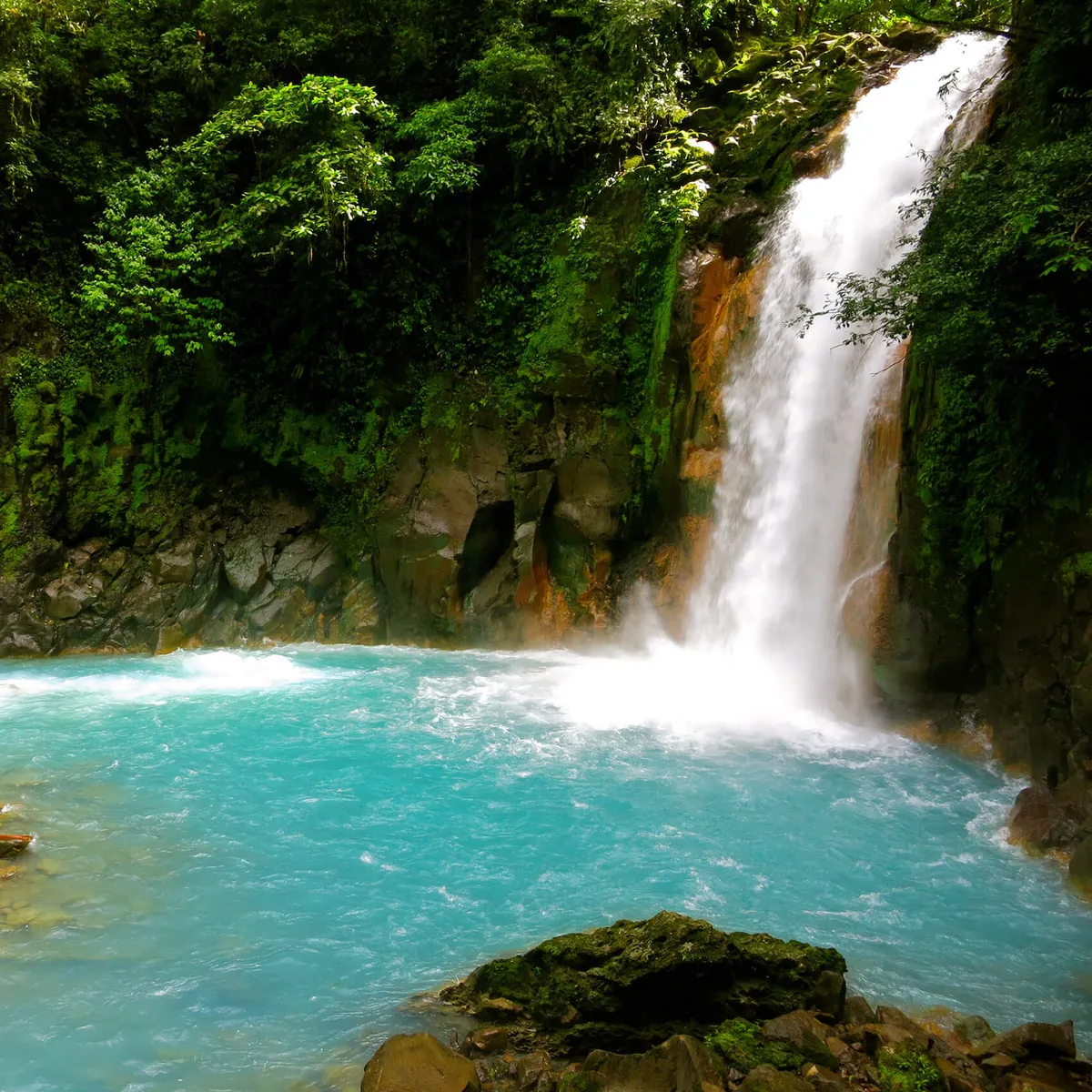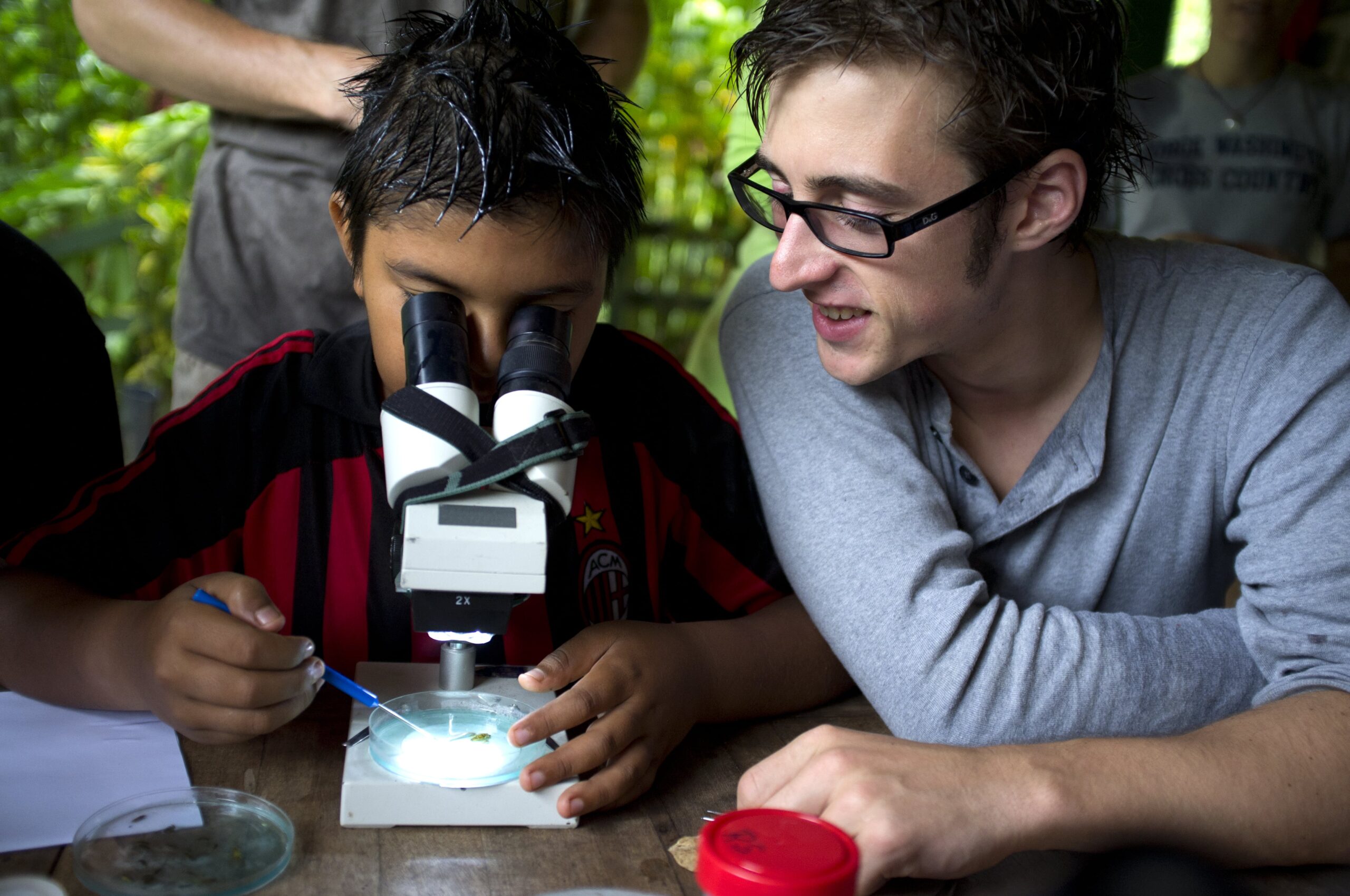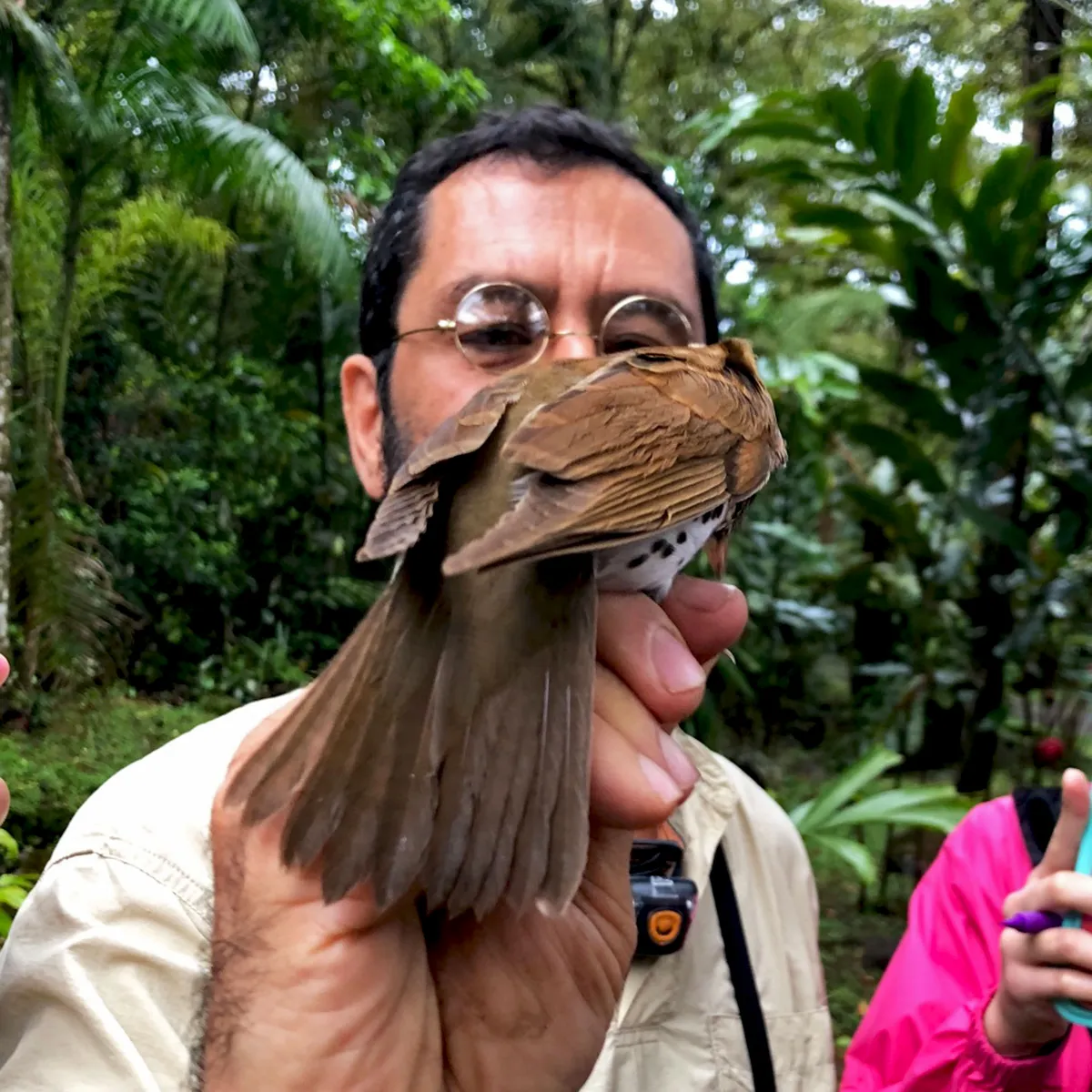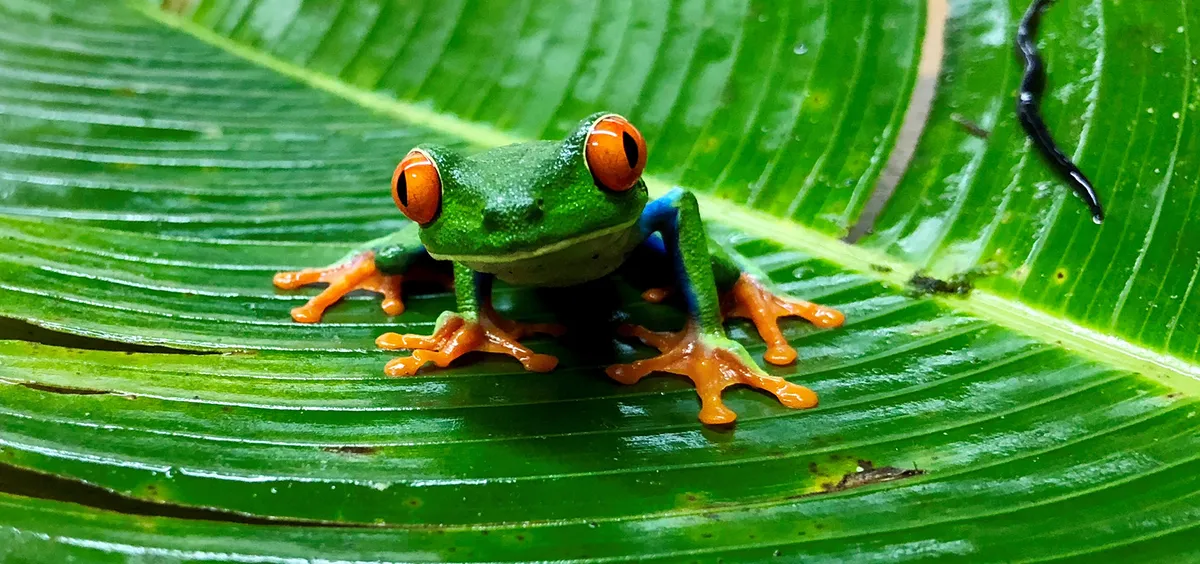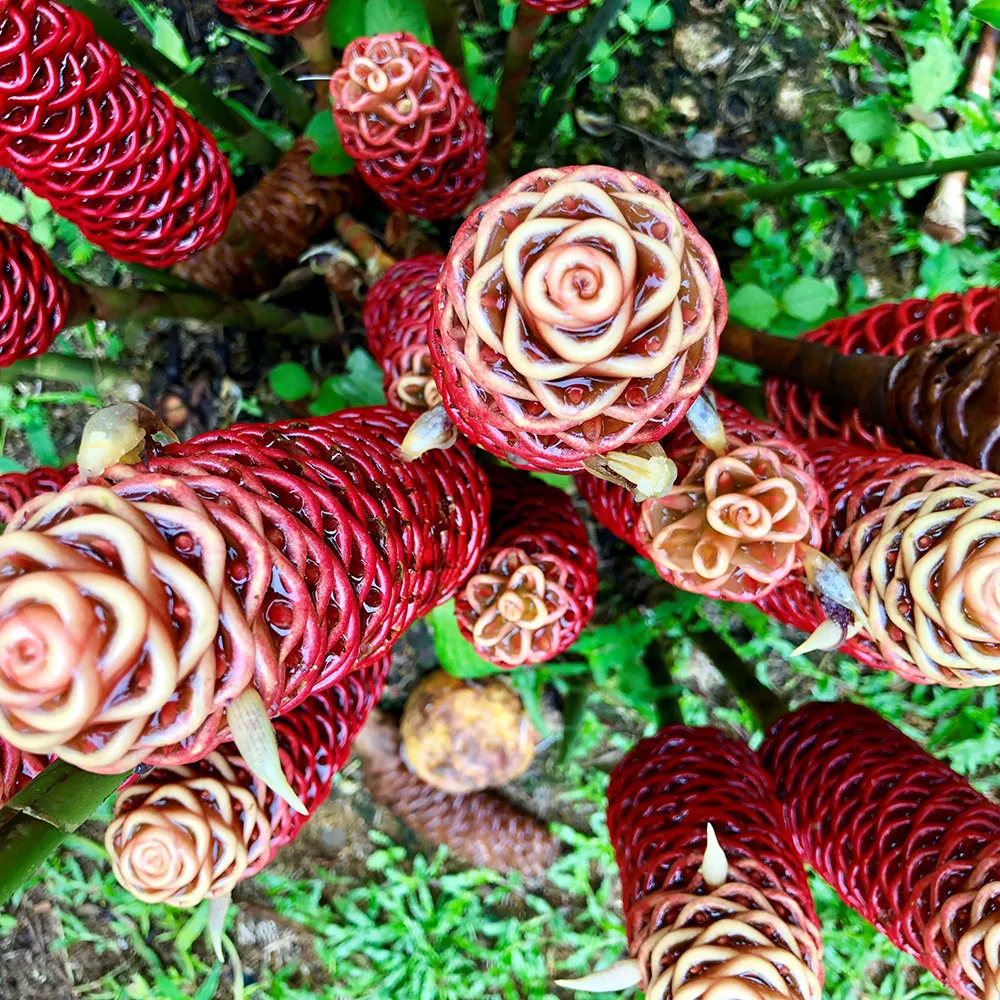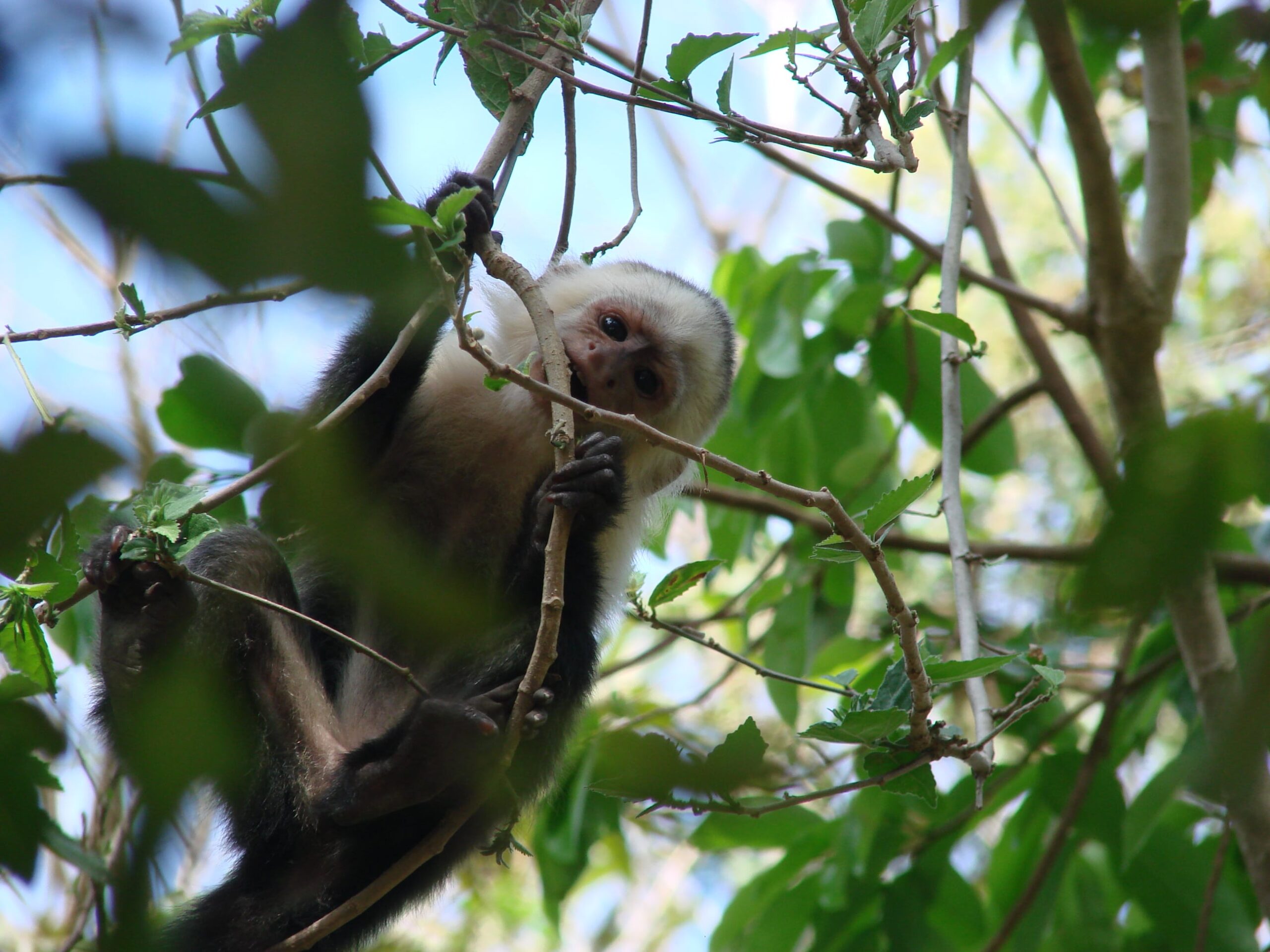
Program Costs
- Tuition
- Room & Board
- Total
Application Deadlines
Resources
Ecological Resilience Studies
From misty cloud forests to coffee farms carved into volcanic slopes, Costa Rica’s landscapes are layered patchworks of conservation and cultivation. Students conduct biodiversity surveys in rainforests, design experiments in dry forests, and measure ecosystem resilience in cloud forest corridors, while meeting farmers and cooperatives balancing livelihoods with ecological health. Each transition between forest, farm, and community lays bare Costa Rica’s central contradiction: conservation celebrated globally yet lived daily in compromises, between tourism and biodiversity, agriculture and land scarcity, growth and preservation. Climate change brings both intensified droughts in some regions and flooding in others, while tourism and land-use decisions reverberate through fragile biodiversity corridors. Students leave with data, research experience, and a deeper understanding of how conservation must adapt within working landscapes.
- Monitor canopy bird populations and amphibian diversity using transect surveys in Monteverde cloud forest.
- Analyze tropical dry forest regeneration in Santa Rosa National Park to assess resilience after fire events.
- Partner with Indigenous and rural farmers to co-design agroecological systems that sustain pollinators.
- Evaluate community-based water management strategies by monitoring mammal presence near protected springs as indicators of ecosystem health.
- Conduct Directed Research: frame a stakeholder-driven question, collect and analyze field data with faculty guidance, and present actionable findings to local partners.
Academics
This academically rigorous program follows a five-day/week schedule. Most weekends are open. Each program combines theory learned during classroom sessions with field-based applications. The interdisciplinary curriculum is designed to help students actively discover and understand the complexities of environmental, social, and economic issues in Costa Rica.
Major academic themes may include:
- Climate change and tropical ecosystems
- Agroforestry and conservation
- Vertebrate ecology
- Water Conservation
- Urban ecology
- Sustainable ecotourism
- Carbon sequestration
Courses
On the Ecological Resilience program, you will take three 4-credit disciplinary courses, one 2-credit language and culture course, and a 4-credit capstone Directed Research course. Courses are participatory in nature and are designed to foster inquiry and active learning. Each course combines lectures, field exercises, assignments, tests, and research. All courses are taught in English
Language, Culture, and Society of Costa Rica
This course contains two distinct but integrated modules. The Spanish language module offers listening, oral, and written practice of the Spanish language at beginner, intermediate, and advanced levels of proficiency. Students engage in oral and written grammar and vocabulary exercises, and develop Spanish language skills and tools required for their research projects. The sociocultural module helps students to develop a more refined understanding of Costa Rican culture and the various communities with which we work. Students participate in lectures, field exercises, and other activities that teach them strategies and skills for working with people in a community-based research context and help them to assist with community extension projects.
Principles of Natural Resource Management
This course is designed to examine the connection between society and natural resources, and how application of management tools can lead to biodiversity conservation and sustainable livelihoods. This course introduces underlying concepts and practical tools used in addressing complex environmental problems, including protected area planning and management, guidelines for ecologically sustainable development, and environmental impact assessment. Students examine local case studies using the theory and practice learned in this course.
Tropical Ecology and Ecosystem Resilience
This course examines the ecological impact of human activity, especially agriculture, in a tropical country. Students study the agro-ecology of important crops, with emphasis on biodiversity as the source of production means and materials. Students identify renewable and nonrenewable resources and examine their historical use. We study the long-term and large-scale impact of local agricultural and other practices on the national and global environment (e.g., water pollution, waste management, climate change). Students examine options for alternative resources use, land restoration, and preservation from ecological, sociopolitical, and economic viewpoints, and use basic field techniques and measurements to examine the efficacy of different options.
Justice, Resilience, and the Environment
This course addresses the intersection of the human and environmental sides of sustainable development in Costa Rica. Linking human rights to sustainability is an emerging field that combines the important dimensions of economic and social rights with the environmental underpinnings of sustainability. We use a multidisciplinary methodology to cover themes of local and global social and environmental policies, valuing of and access to ecosystem services, development aid, agrarian reform, indigenous rights and local livelihoods, and climate change. Students examine the roles of local people, government, and local and international non-governmental actors in the implementation of sustainable development models. Students also review specific local case studies to explore the empowerment of local people and their reaction to local and non-local proposals for sustainable development.
Directed Research – Costa Rica
This course prepares students to distinguish hidden assumptions in scientific approaches and separate fact from interpretation, cause from correlation, and advocacy from objectivity. Students learn specific tools including: experimental design; field techniques; basic descriptive statistics; and parametric and non-parametric quantitative analysis. Emphasis is placed on succinct scientific writing, graphic and tabular presentation of results, and effective delivery of oral presentations.
Core Skills
You will gain practical skills in the field such as: GIS use and applications, species identification, habitat and biodiversity assessment, vertebrate ecology, tourism impact assessment methods, basic Spanish language skills, research design and implementation, quantitative and qualitative data collection and analysis, and research presentation.
Field Sites
You will visit different ecosystems and communities which may include lowland tropical rainforest, tropical cloud forest, Pacific coastal rainforest, dry forests, national parks, agroecosystems, farms, volcanoes, mangroves, and coastal ecosystems.
Other Costa Rica Programs
Ecological Resilience Studies
More Information
Program Costs
- Tuition
- Room & Board
- Total
Biodiversity and Sustainable Food Systems
More Information
Program Costs
- Tuition
- Room & Board
- Total
Environmental Justice from the Ground Up
More Information
Program Costs
- Tuition
- Room & Board
- Total

